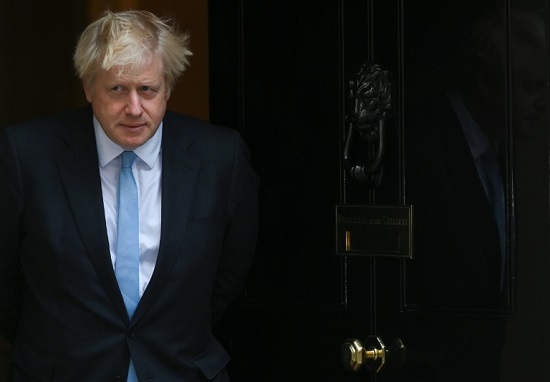This post has already been read 1220 times!
Britain’s economy, which has struggled to maintain its recovery from its coronavirus lockdown crash, grew by a slower than expected 1.1% in September from August, even before the latest restrictions on businesses, official data showed.
Economists polled by Reuters had expected a monthly growth rate of 1.5% in September.
In the July-September period, gross domestic product grew by a record 15.5% compared with the previous three months, the Office for National Statistics said.
But that failed to make up for its nearly 20% crash in the second quarter, which included most the period when the country was in the grip of its first coronavirus lockdown.
Last week, the Bank of England said the world’s sixth-biggest economy was likely to shrink by a record 11% in 2020 before growing by just over 7% in 2021.
However, since then news of a potentially effective COVID-19 vaccine has raised hopes that next year’s bounce-back could be stronger than the BoE’s forecast.
Britain’s economy is being propped up by more than 200 billion pounds’ worth of emergency spending and tax cuts ordered by finance minister Rishi Sunak and by the BoE’s bond-buying programme which has been expanded to almost 900 billion pounds.
Despite the huge support, Britain’s economy suffered the biggest drop among major economies in an ONS comparison.
GDP remained almost 10% smaller than before the pandemic in the latest figures, twice as big as the falls in Italy, Germany and France and nearly three times the size of the drop in the United States, the ONS said.
Sunak said steps taken to restrict the spread of COVID-19 had likely slowed economic growth since September.
“Today’s figures show that our economy was recovering over the summer, but started to slow going into autumn,” he said in a statement. “The steps we’ve had to take since to halt the spread of the virus mean growth has likely slowed further since then.”
Prime Minister Boris Johnson ordered most people in England to stay at home for a month from last week in an attempt to slow a second wave of coronavirus infections.



